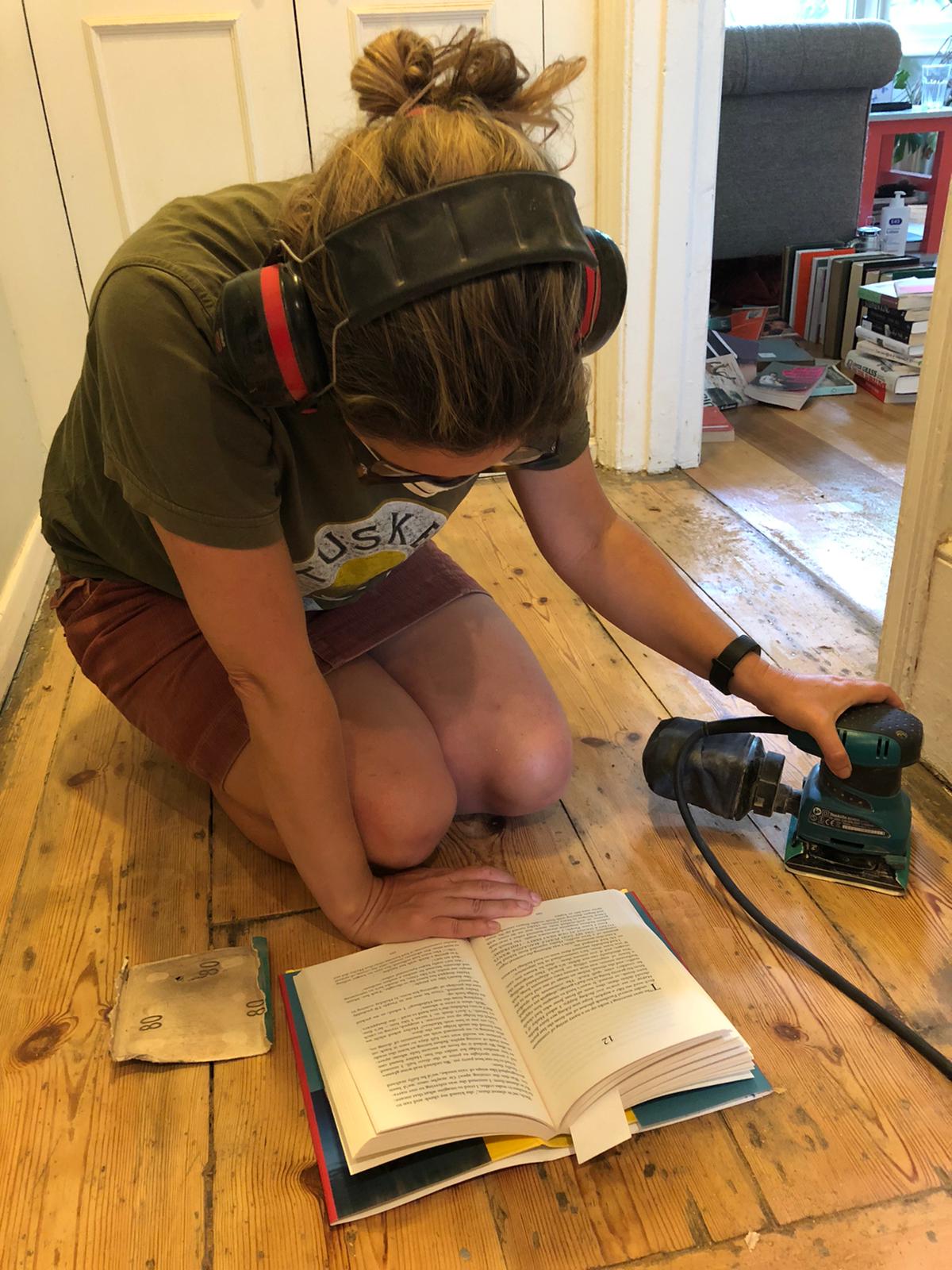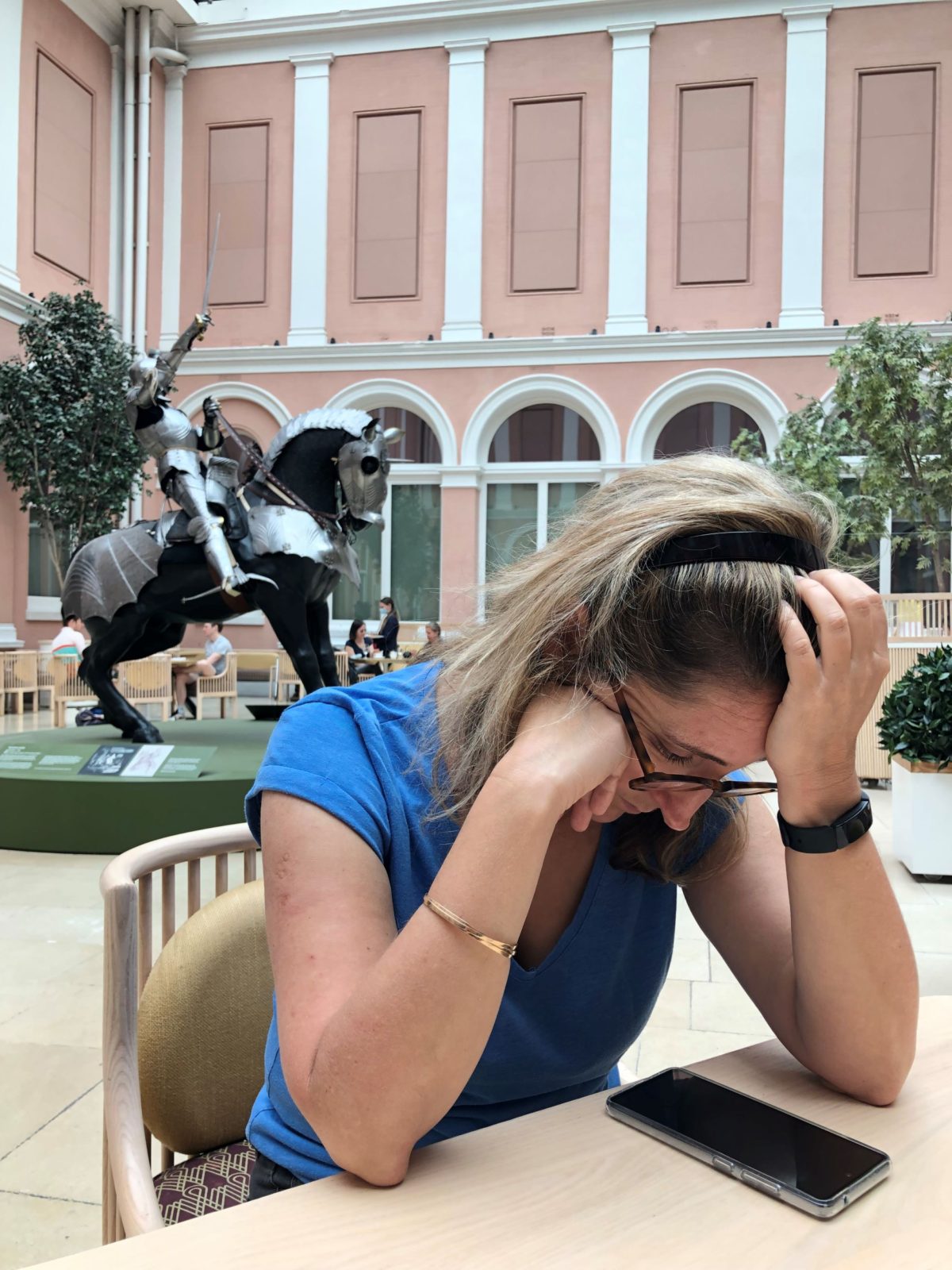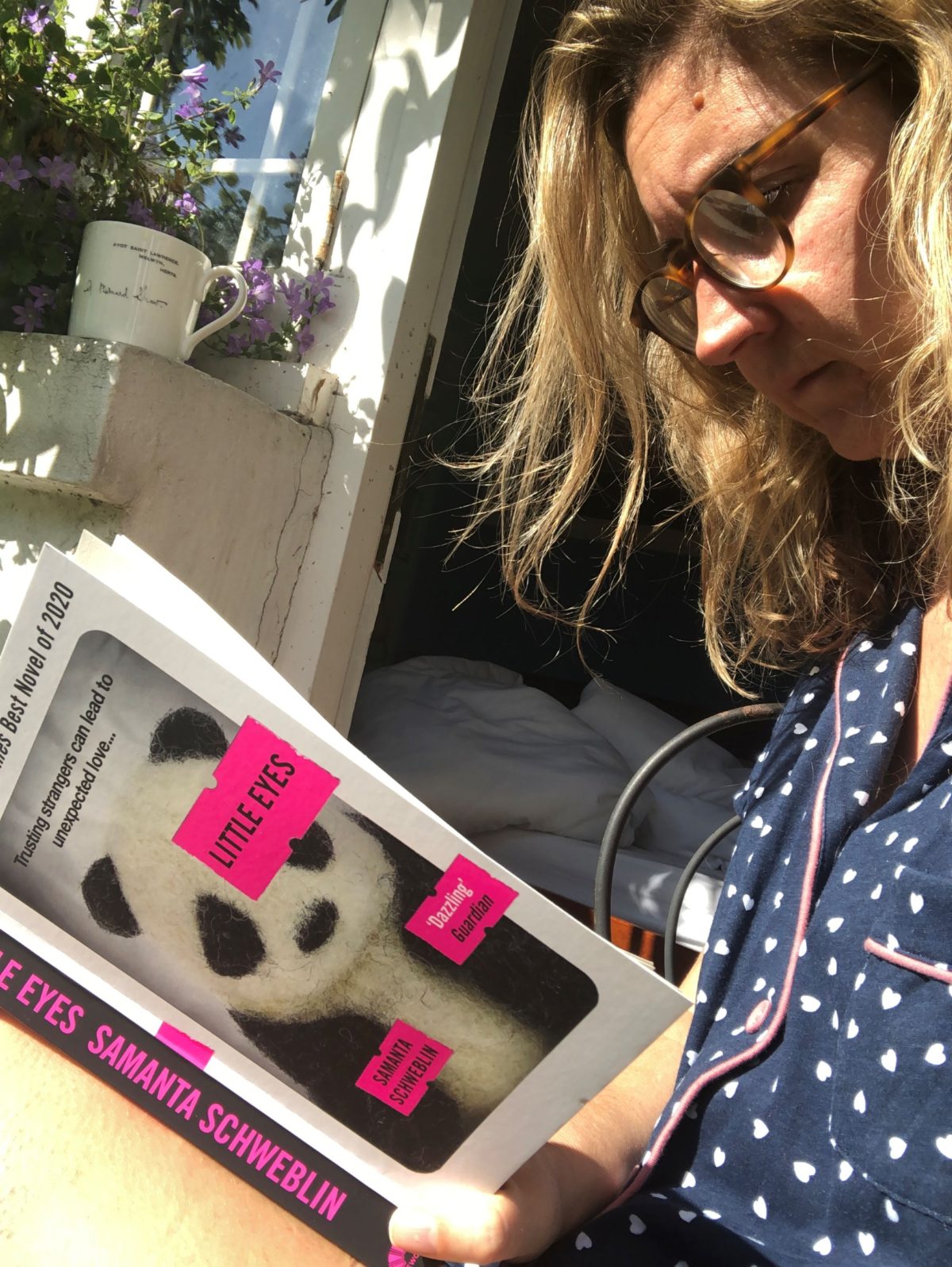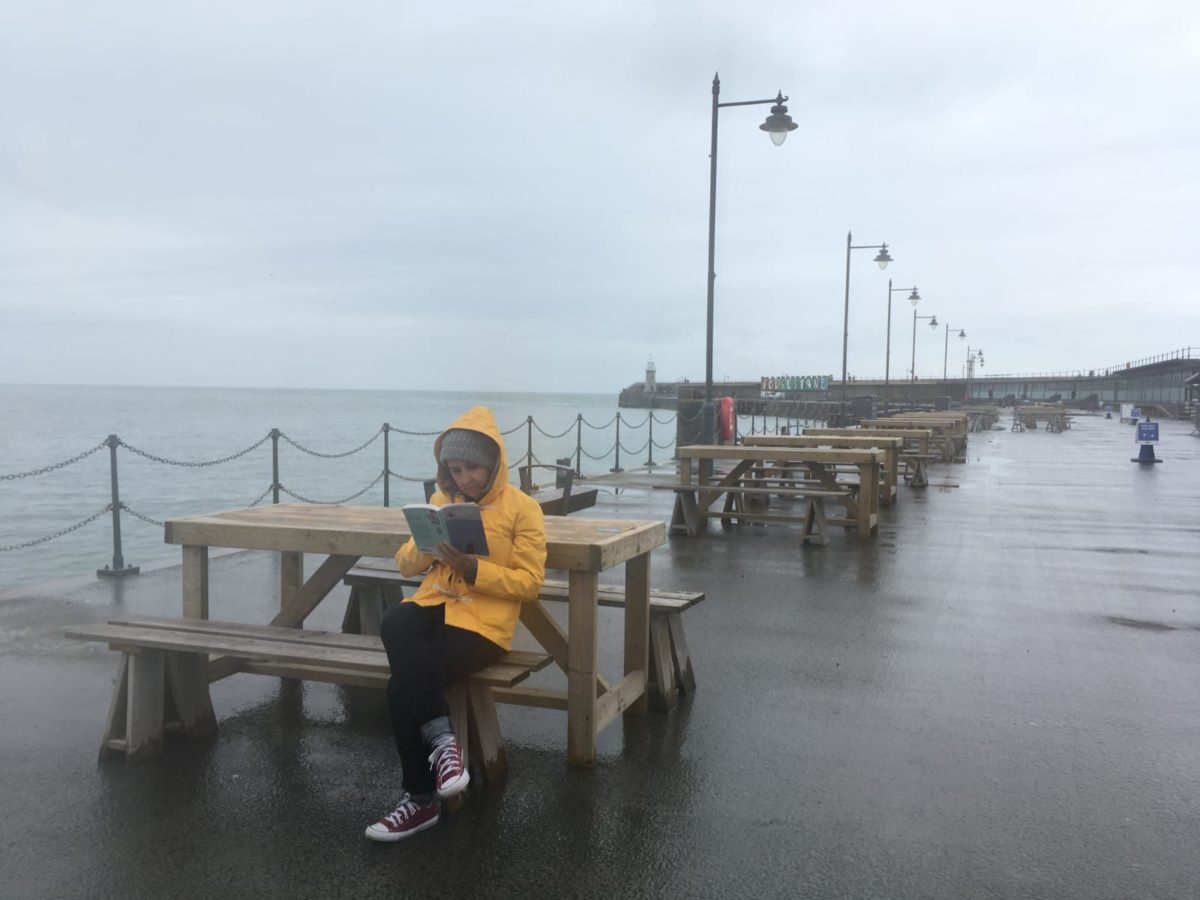I can’t think I’ve ever read a book before about our love for cats. Or pets in general. This is strange, because there are books about love for people, for money, for landscapes, for cities, and etc; and I think domestic animals are as much beloved as any of those things, and perhaps more.
I suspect this reticence all comes down to our guilt about meat, but that’s a post for another time. In any case, on this book, which I think is non-fiction, the author truly loves his cats. His problem is, where the line should be. In summary, he goes deep.
He starts off with just a few cats. His favourite is Blackie:
I never tired of looking at her and she was so fond of me she’d practically swoon whenever I picked her up and held her to my forehead and whispered sweet words in her ear . . Whenever I’d look at her, she’d go all soft and I’d have to pick her up and for a moment I’d feel her go limp from the surge of feeling that flowed from me to her and back again, and I would groan with pleasure
The problem comes when these cats start having kittens, who have kittens themselves. The house is overrun. Eventually he decides he has to kill them. He does it himself, and buries them, covered in geraniums. And then the meltdown starts. He killed them by bashing them to death inside a mailbag, and he develops a real mania about this mailbag. It sounds like of laughable written down but it is gruesome and sad to read. His problem is that he can’t decide at what level it is appropriate to love animals. He wants to love them how he loves them, which is a lot, but the world is not set up that way.
He is having some kind of breakdown when he gets into a car accident, which he accepts as some kind of cosmic justice from the mailbag. It’s hard to explain but it makes him feel better. Then he chances upon a swan, stuck in a rapidly freezing river, and is unable to save it. It’s a tribute to this strange book that again, it’s hard to explain, but you somehow feel that this is a truly appalling event, and a fitting finale, to whatever it is that this book is about.










